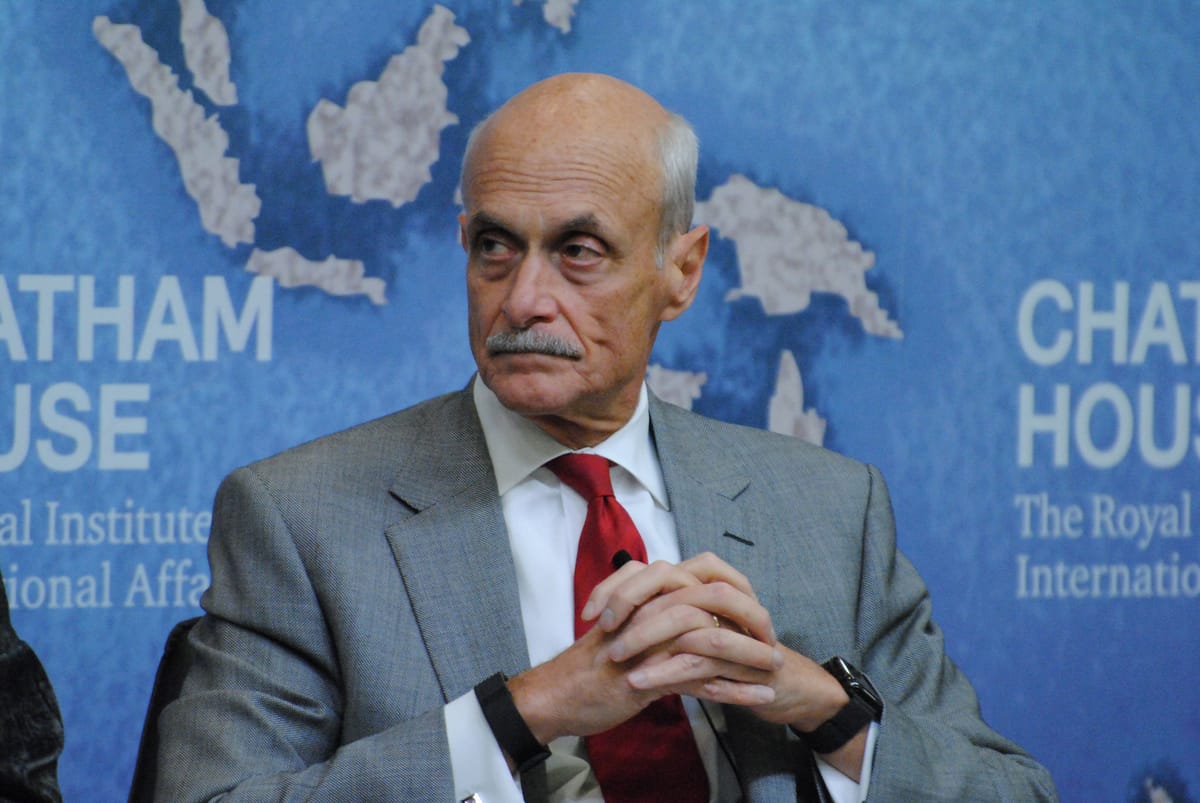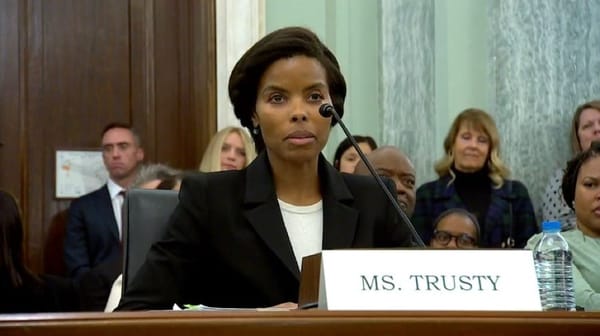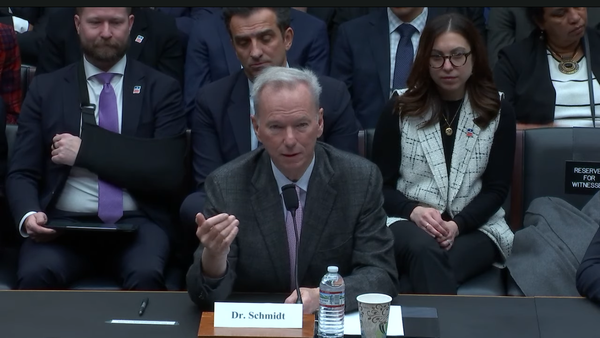U.S. is Falling Behind in Internet Influence to Europe, Russia and China, Cybersecurity Experts Tell Senate
WASHINGTON, July 31, 2018 – The U.S. is falling behind in internet regulation and risks losing the global internet leadership position to the EU, China, and Russia, some internet privacy experts said at a Senate subcommittee hearing on Tuesday. On July 31, the Subcommittee on Communications, Technol
Heather Heimbach

WASHINGTON, July 31, 2018 – The U.S. is falling behind in internet regulation and risks losing the global internet leadership position to the EU, China, and Russia, some internet privacy experts said at a Senate subcommittee hearing on Tuesday.
On July 31, the Subcommittee on Communications, Technology, Innovation, and the Internet held a hearing to discuss the future of global internet regulations.
The hearing was held in the wake of Russian interference with the 2016 U.S. elections, Russian attacks on Ukrainian servers and utility networks, as well as recent data privacy scandals. These include episodes involving Facebook-Cambridge Analytica, and the Equifax data breach. As a result, international cybersecurity has become an increasing concern for national security experts.
Former Secretary of Homeland Security Michael Chertoff described the current lack of clarity over how countries should govern a seemingly borderless global internet. Such a heavy grey area renders enforcement and creation of effective legislation difficult, Chertoff warned.
“The only way to truly control the internet within your country is to disconnect it from the rest of the world,” Chertoff testified, “as Russia recently threatened to do and as North Korea has done for much of its domestic population.”
Trump administration continues to undercut cybersecurity, charges Democrat
Despite the rising risks that cybersecurity poses to the United States national security, the Trump administration continues to undercut efforts to improve cybersecurity, charged Sen. Brian Schatz, D-Hawaii.
“Unfortunately, our leadership is being jeopardized by this administration,” Schatz said, He noted that the cyber coordinator role was cut in March 2018.
“The U.S. needs to play an active role in setting reasonable rules of the road for internet governance,” Schatz said. “Our standing now will create a vacuum for authoritarian regimes.”
The Russian and Chinese worldview is different from the American
Concerns arose over whether China and Russia–who have vastly different understandings of rights to privacy than the United States holds– will take over the leadership role while the U.S. lags behind.
“The Russians and the Chinese have a different view,” Chertoff said, “and in many cases, to the Russians and the Chinese, the information they don’t want their public to read is what they would regard as cybersecurity. And that’s of course the opposite of what we view as important.”
Not only are Russia and China a concern for the United States, but scholar Roslyn Layton from the American Enterprise Institute said that the U.S. must also seek to combat the European Union’s new General Data Protection Regulation legislation.
GDPR also poses a threat to American global internet influence
Passed by the European Parliament in April 2018 and effective in May, GDPR has been hailed as the first wide-scale attempt at harmonizing and enforcing data protection laws effectively across the globe.
It has raised concerns that the European Union may be extending jurisdiction beyond where it should reach and causing harm to American companies. It extends beyond European territory to affect any company that deals with data from any EU citizen, regardless of whether the company operates on EU territory or not.
Layton said GDPR is disadvantageous not only for Americans, but also for Europeans as well.
“A popular misconception about the GDPR is that it protects privacy; it does not,” Layton said. “The GDPR is about data protection or more correctly, data governance.” Layton pointed out that while data regulation laws are addressed over 173 times, references to privacy appear extremely infrequently.
(Photo of Michael Chertoff in November 2016 by Chatham House used with permission.)









